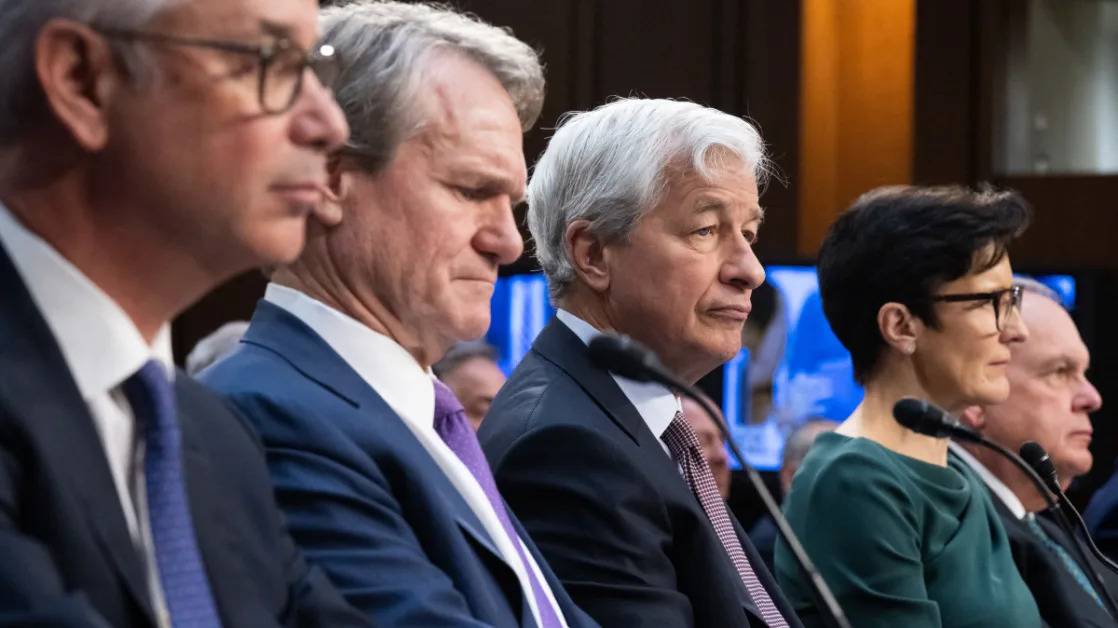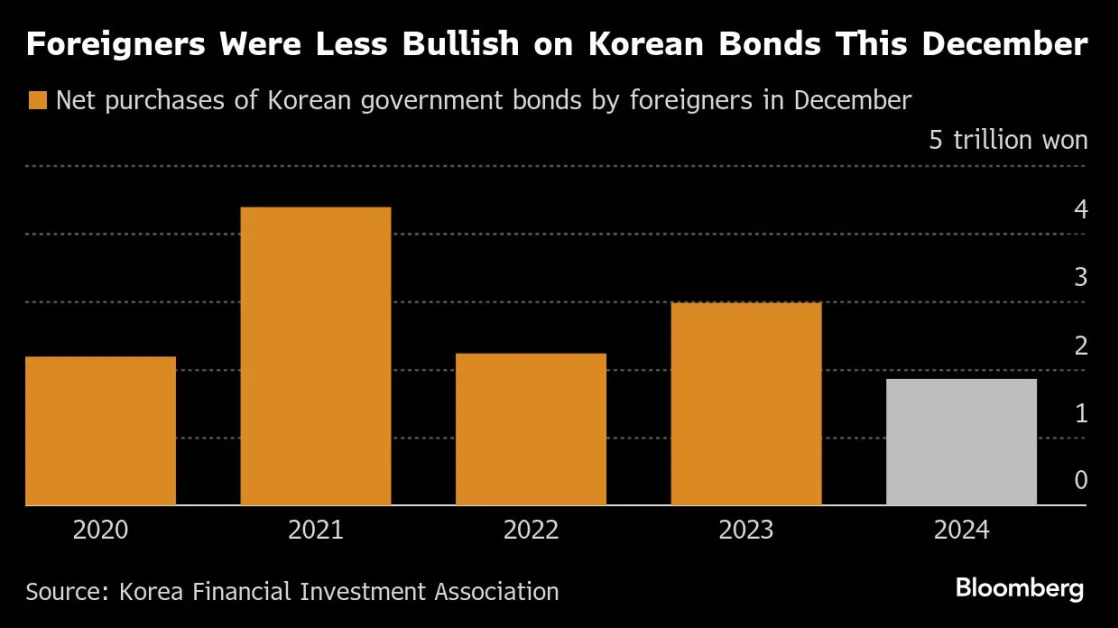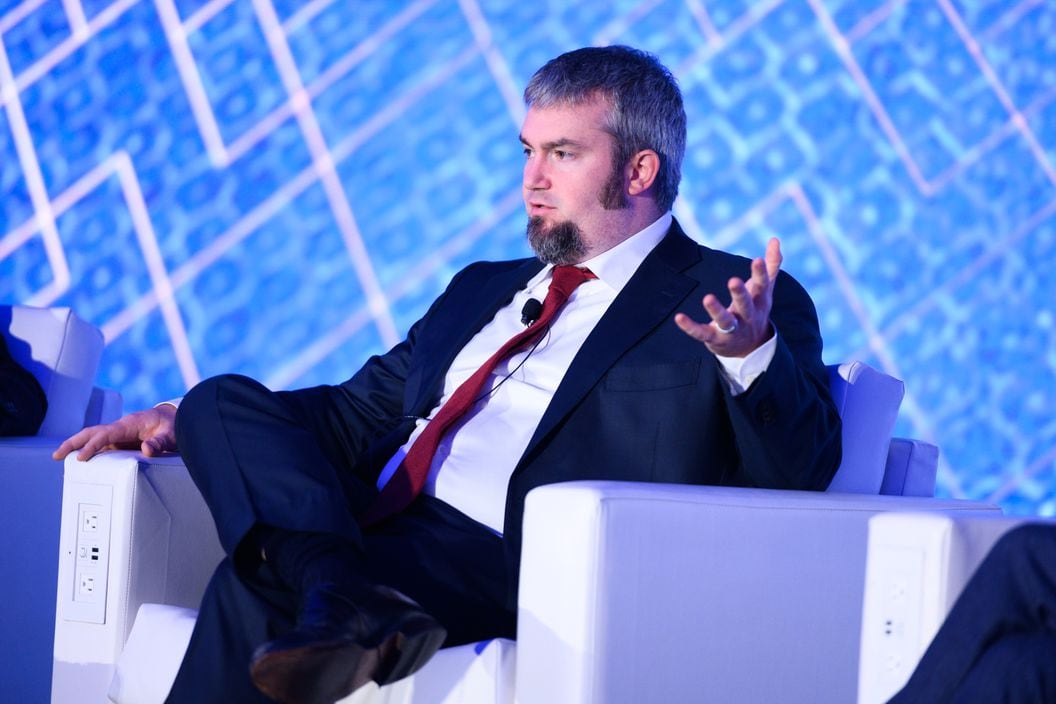Bosch, the manufacturing giant caught up in Germany’s economic malaise, is turning its gaze to America, and one big night in particular, as it continues its hefty turnaround plans.
Bosch revealed at the Consumer Electronics Show (CES) in Las Vegas that it planned to run a commercial during the coveted Super Bowl slots on Feb. 9.
The advertising slot will mark Bosch’s first in its 138-year history, though the company didn’t reveal many details about the commercial.
Throughout its presentation, Bosch focused on its rollout of AI across various partner products. Bosch employs 5,000 “AI experts” and has filed 1,500 AI patents in the past five years, which, it says, makes it No. 1 in Europe.
However, a spokesperson confirmed to Fortune that the advertisement would not include AI, but instead showcase several of Bosch’s business units.
“This bold move will give consumers a taste of what they can expect to see from Bosch in the year ahead. Stay tuned for more from us as the game gets closer,” said Bosch’s chief marketing officer, Boris Dolkhani.
The outlay for 30 seconds of airtime during the biggest event in the U.S. sports calendar is likely to be hefty. The reported average cost for a 30-second advertising slot during Super Bowl LVIII in 2024 was $7 million.
Bosch turns attention to U.S.
The announcement of a Super Bowl commercial is a major sign of Bosch’s renewed focus on the U.S. market as domestic demand falters.
Bosch is one of Germany’s biggest private employers, with a global employee base of 429,000 at the end of 2023.
However, the industrial giant has been caught up in the downturn of Germany’s automotive sector. Bosch makes more than half its revenues from automotive clients, whom it supplies with inputs including brakes, spark plugs, and technological assistants. It has accordingly been hit by a slowdown in the German car market, which has forced the likes of Volkswagen to plan for €10 billion in cost savings.
Bosch has also felt the industrial burden of rising energy prices, increasing its cost of doing business. CEO Stefan Hartung said that Bosch wouldn’t meet its financial targets for 2024, prompting new cost savings initiatives.
The group reduced working hours for 10,000 employees in December, while there are plans to lay off up to 10,000 staff members across its business units.
The U.S. caught European companies’ attention following the rollout of President Joe Biden’s Inflation Reduction Act (IRA), while the incoming Donald Trump administration has businesses fearful of tariffs looking at opportunities to manufacture in the U.S.
“The United States continues to be a major strategic focal point for our growth efforts. And we’re continuing our journey by investing heavily in the region,” said Paul Thomas, Bosch’s president for North America, during the CES presentation.
Indeed, Bosch has made significant inroads into the U.S. in recent years. In July of last year, the company agreed to buy the air-conditioning assets of Johnson Controls in an $8 billion deal, in what it called its biggest-ever one-off acquisition.
Investment in a Super Bowl advertising slot can have significant payoff for a company, as proved by the more than 120 million people tuning into CBS’s coverage on Feb. 11 last year.
Companies like Apple, Wendy’s, and General Motors have benefited from increased revenue and attention following their commercials on Super Bowl Sunday.
Whether 30 seconds of airtime viewed by hundreds of millions of people helps Bosch begin to turn around its challenging financial situation, though, is as unclear as the final result on game day.






